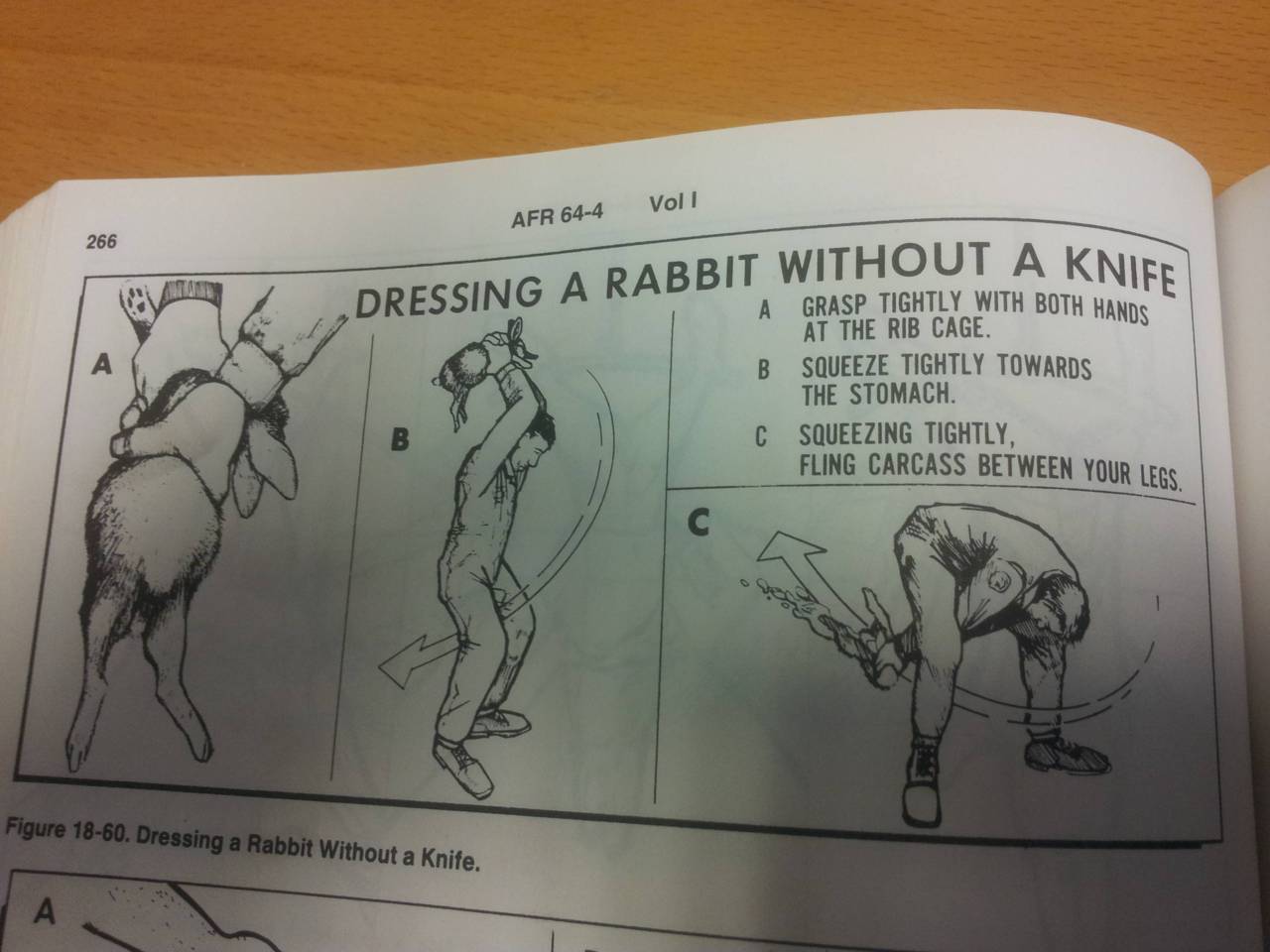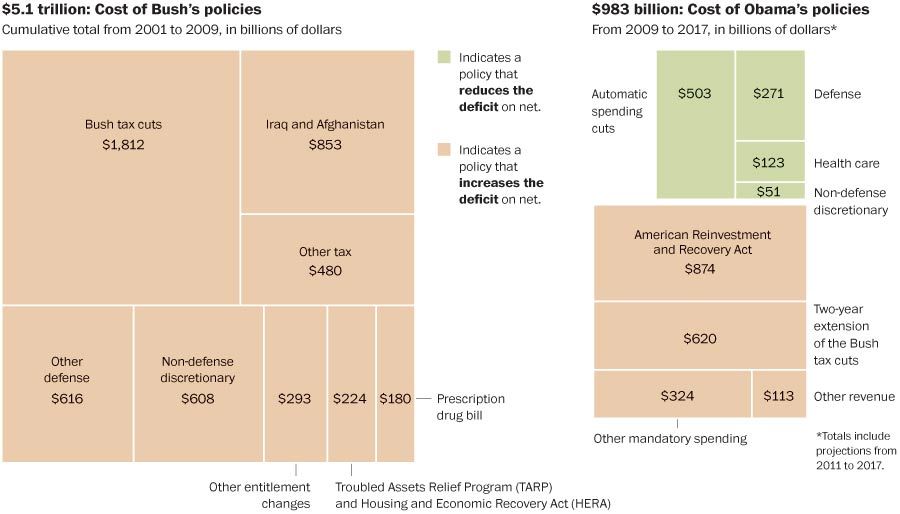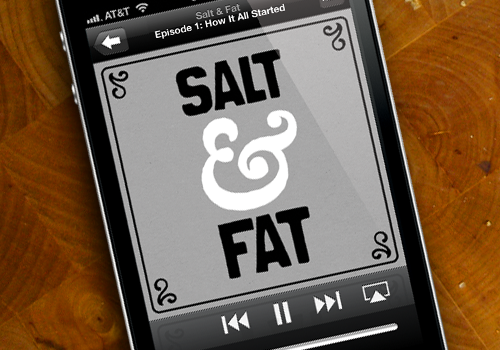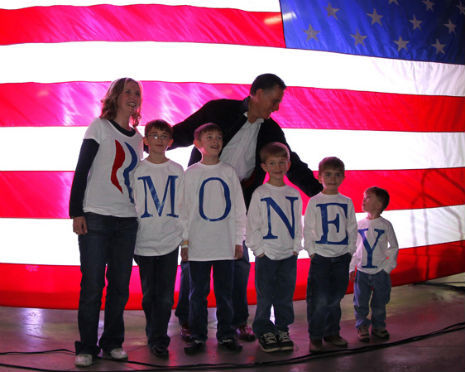in case youre still making plans for a special

In case you’re still making plans for a special Valentine’s Day dinner. [from my pal Martin]

In case you’re still making plans for a special Valentine’s Day dinner. [from my pal Martin]
One of the things that Bush argued during the campaign, not so much after he took office, is that budget surpluses are a bad thing. Because they might get spent. It really sounds silly when you say that. But he did say this over and over again.
And so, the idea of cutting taxes was a part of a policy that I call starving the beast. It’s you take away the government’s credit card, as Ronald Reagan said. And this will force spending down. This will shrink the size of government. And conservatives believe that there’s only so much freedom out there. And the more the government, the more power government has, there’s less freedom for the people.
And they have a tendency to look at this in terms of spending as a share of GDP. So it can be measured very precisely. So if the federal government takes 25 percent of GDP, then essentially, we have only 75 percent freedom. We’re not 100 percent free. You know, if we could cut government spending down to 20 percent of GDP, then we would gain five percent freedom. We’ll go from being 75 percent free to being 80 percent.
I’m serious. This is the way they think. And this drives a lot of these policies that on the surface don’t make any sense. They’re just about taking away the government’s resources to force it to shrink to — if you cut the budgets of the regulatory agencies, then they can’t regulate. This is a good thing.
One of the things that Bush argued during the campaign, not so much after he took office, is that budget surpluses are a bad thing. Because they might get spent. It really sounds silly when you say that. But he did say this over and over again.
And so, the idea of cutting taxes was a part of a policy that I call starving the beast. It’s you take away the government’s credit card, as Ronald Reagan said. And this will force spending down. This will shrink the size of government. And conservatives believe that there’s only so much freedom out there. And the more the government, the more power government has, there’s less freedom for the people.
And they have a tendency to look at this in terms of spending as a share of GDP. So it can be measured very precisely. So if the federal government takes 25 percent of GDP, then essentially, we have only 75 percent freedom. We’re not 100 percent free. You know, if we could cut government spending down to 20 percent of GDP, then we would gain five percent freedom. We’ll go from being 75 percent free to being 80 percent.
I’m serious. This is the way they think. And this drives a lot of these policies that on the surface don’t make any sense. They’re just about taking away the government’s resources to force it to shrink to — if you cut the budgets of the regulatory agencies, then they can’t regulate. This is a good thing.
—Bruce Bartlett, former Reagan economic advisor now conservative apostate, in an utterly fascinating interview with Bill Moyers. I was shocked at how much I agreed with one of the architects of Reaganomics.
I love Buzz’s very thoughtful response to my (somewhat) throw-away question about New York and San Francisco. So much of what he said about San Francisco rings exactly true and are the types of things I promised myself I’d try to avoid when my wife and I decided to “make our home in God’s perfect paradise” not quite six months ago.
It’s funny, since Buzz1 and I have different backgrounds but such similar interests, how much these mirror where we’ve chosen to live. Buzz, being an engineer and programmer, would naturally gravitate to a place like Silicon Valley and me, with my journalism degree and decade in media, should be orbiting New York. Yet, here we are. I suspect this is a reflection not of our differences but our similarities, namely, a certain disdain for cliquishness, cults of personality and the shallow celebrity that accompanies even a little bit of money.
After even a short time here, I know Buzz is right about a lot, particularly how small and incestuous this town is. I also know (a little) about what to avoid and to be thankful that I didn’t move here seven years ago, when I was young, dumb and full of … misguided ideas.
The nut of Choire Sicha’s original post that kicked this whole thing off was that we’d probably all be a little better off if we called out a little more bullshit, something I fully endorse, no matter where you call home.
p.s. WEST COAST 4EVA
funny thing about Buzz that I maybe only just realized: he’s probably my oldest “online friend” – we first crossed paths because we were linking to the same stuff on del.icio.us, of all places. He’s also one of those people who’s opinions on just about anything, but particularly the finer things in life, I trust implicitly. I eagerly await the next time we get to share a drink and a meal together, regardless of who’s turf we’re on. ↩︎

I don’t see many green boxes on the left there…
LiveReload 2 is out of beta, in the app store
I can’t believe how quickly this one app became completely indispensable to my workflow.
This Is My Jam is now open to everyone
Nice interview with the team over at NME
A new scientific truth does not triumph by convincing its opponents and making them see the light, but rather because its opponents eventually die.
—Max Planck (via azspot)

We’re super happy to announce a brand new project: the Salt & Fat Podcast. We hope to bring you 30 minutes of discussion about food and cooking once a week. It’s part of the new Mule Radio Syndicate network, and you’ll be able to subscribe to it in iTunes starting tomorrow. Let us know what you think and how we can make it better.
My pal Neven and I just launched a new thing – our very own podcast on the Mule Radio Syndicate where we talk about cooking and eating. For every jerk who ever told me I’ve got a face for radio – I guess I showed you! Podcast!

Perfect.
/* apply a natural box layout model to all elements */
/* apply a natural box layout model to all elements */
* { -moz-box-sizing: border-box; box-sizing: border-box; }
—
* { box-sizing: border-box } FTW « Paul Irish
Gah. I should have known about this earlier.
(via journo-geekery)
Make the box model behave like tables did, the way the good lawd intended, dammit